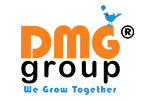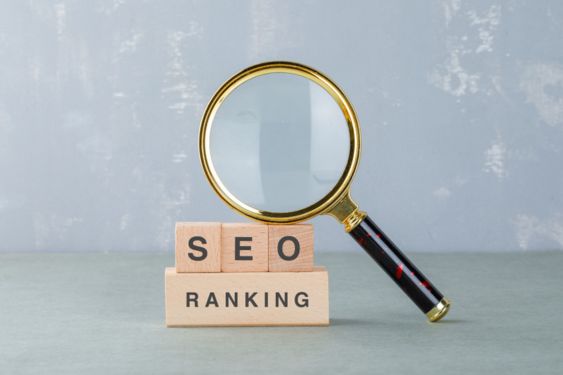SEO stands for “search engine optimization.” Simple definition: SEO is the practice of making changes to your own website to better position it whenever users search for it.
- The science of enhancing a website’s exposure when users search for goods or services is known as search engine optimization (SEO). The likelihood that a brand will attract customers increases with a website’s prominence on search engines.
- The placement or position of a website on search engine results pages (SERP) is a standard metric for determining how visible a website is. Additionally, since the top page is where customers are more likely to click, businesses constantly compete for that spot.
- The top of SERP, to use Google as an example, frequently has advertisements. Businesses are prepared to spend money to secure these spots in order to guarantee their appearance on the first page.
What are the benefits of SEO?
Without spending any money, SEO can boost your website’s organic traffic and get it to the top of search results. The most crucial thing you can do for your website is SEO. You may increase your website’s visibility and ranking in search engine results pages (SERP) by optimizing it for search engines.
· Bring organic search traffic to your website.
· Generates leads cost-effectively.
· Increases brand awareness.
· Gets you ahead of the competition.
· Optimizes your website for mobile users.
· Builds trust
What is On page optimization?
The term “on page optimization” refers to all actions made by SEOs on a website to raise its position in search engine result pages. These criteria pertain to your site’s technical setup, content, and user-friendliness as well as the content and HTML source code of a page, such as meta tags, keyword placement, and keyword density. Therefore, on-page SEO optimization criteria are connected to the components of your website.
Meta data: Metadata are facts about other facts. When it comes to search engines like Google, they do not “read” your content (data); rather, they index by looking for information in specific metadata fields.
Robot meta data: Robots are given instructions using the robots meta tag, an HTML tag that appears in the head tag of a page.
Creation of robot.txt & validation: A robots.txt file instructs search engine crawlers which URLs on your website they can access. This is not a method to keep a website out of Google; rather, it is used to prevent your site from becoming overloaded with queries. Use noindex to prevent indexing or password-protect the page to keep it out of Google.
Code verification & optimization: Code checking and optimization to make the website smaller and faster will benefit both crawlers and visitors.
Image optimize: Image presents a unique problem web-crawlers, so we will optimize image with unique keyword which represent image in better way to visitor and crawler.
Optimize menu bar: Optimize menu bar to make more SEO friendlier and crawler can easily crawl & indexed more pages.
URL rewriting: URL stands for “Uniform Resource Locator”. Static URLs are always friendlier looking to the end users and gets better rank in search engine.
Bread crumbs optimization: Generate breadcrumbs and optimise to represent better navigation and visitor and crawler can navigate the website easily.
Site map: Sitemap is a diagram of your website that aids search engines in discovering, crawling, and indexing by sitemaps about the most crucial pages on your website.
What is Off page optimization?
“Off-page SEO” (sometimes known as “off-site SEO”) describes activities carried out away from your own website that have an impact on your rankings in search engine result pages (SERPs) and how readers find and interact with your material. When used in conjunction with technical SEO and on-page SEO, off-page SEO can help you achieve your goals for search exposure, crawling, indexing, traffic, and conversions.
- Off-page optimization aims to enhance the public’s and search engines’ perceptions of a site’s
· Expertise
· Experience
· Authoritativeness
· Trustworthiness
· Relevance
· Popularity
- The material on your website is effectively “vouching” for itself when it is linked to or cited by respectable and pertinent websites and individuals. Search engines and the general public can take this into consideration.
What does “off page optimization” mean exactly?
On-page and off-page elements have been the two wheels that search engines have been operating on. Even a slight imbalance will prevent effective SEO from occurring.
With regard to off-page optimization, there are many who choose to neglect it while yet anticipating speedy results. Maintaining the balance is necessary to ensure that your website ranks because visibility is important for ranking.
The backend greatly benefits from off-page SEO. Your website cannot rank without the application of off-page variables. This is a result of the key elements, including link development, social networking, videos, blogging, etc. In order for a website to be used as a reference, it must be socially active.

